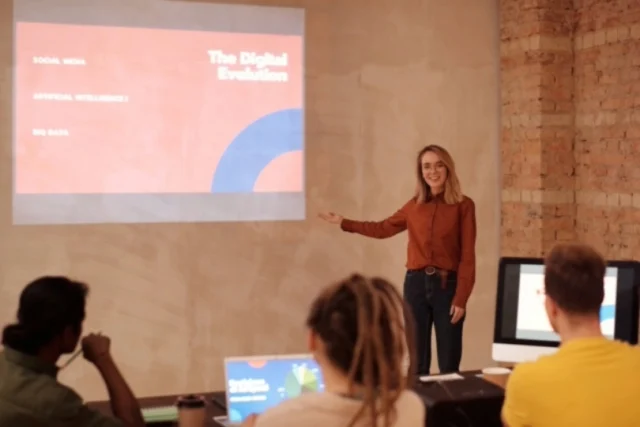Current Civil Service Initiatives to Address External Skills Gaps

I was fortunate enough to attend the Institute for Government’s (IfG) excellent discussion with three Permanent Secretaries (Cat Little, Gareth Davies, and Sarah Munby) on “Bringing in the best: How can the civil service recruit and retain top talent?”
The importance of talent
The Permanent Secretaries’ commitment to retaining and recruiting top talent was palpable, from Cat’s opening remark that “external recruitment and finding external talent matters more than ever” to Sarah’s and Gareth’s comments that retention was equally important and Cat’s celebration of the robust internal talent pipelines brimming with strong functional skills.
While the team recognised there is a lot more to be done, there are a wide range of current and past initiatives that have had a big impact.
Current Initiatives
The work done by professions and functions, in strengthening functional skills, in creating communities and networks to support retention and making the Civil Service understandable externally has been a cornerstone in strengthening Civil Service talent, and was roundly praised and supported by all the members of panel as well as by several members of the audience. A plethora of other initiatives have also contributed to the recruitment of more external skills into the Civil Service:
- External advertising: 93% of jobs go external by default. So, more than ever, the Civil Service is seeking externals. This is both a big shift in culture and process.
- There’s been good progress in explaining Civil Service opportunities to external candidates, using strengths and behaviours, and translating acronyms.
- The newly launched Working in Gov Finance Function CS Careers site does just that using the same language, jobs families, skills and expertise that are familiar to external finance professionals.
- Moves afoot to develop CS’s external talent sourcing capabilities, to deliver even more inclusive candidate experiences, and to go-to-market as one team joined up on core skills and by profession.
- Secondments are also supporting the transfusion of external skills and perspectives into the Civil Service with, last year, 959 Civil Servants seconded externally and 596 individuals from other sectors on secondment to the Civil Service.
- At the same time, the 19,000 jobs created in Places for Growth during the past year, have both given access to new talent pools and widened diversity.
More generally, working with dozens of central government departments and many of the most talented private sector organisations like Amazon and professional recruiters like Korn Ferry, Oleeo have seen an increased emphasis on talent pools.
The dearth of skills, has meant entry-level Talent Pipelines and internal career pipelines / pathways have become essential both to retain talent and fill senior roles. Combined with external talent pipelines at more senior levels, this has had the added benefit of reducing Time-To-Hire and costs, as well as creating more agile organisations able to deploy talent to the highest priorities.
These talent pools are nurtured by ongoing communication about your roles and organisation, creating familiarity with the Civil Service over a period of time and pool of ready-to-hire talent.
Pipelines aren’t built in a day, but are the essential underpinning of talented organisations in today’s dynamic and skills-scarce world.
Looking to the future in the Civil Service, the Permanent Secretaries recognised that there was still much to do to reinforce current initiatives; but also to adopt bold new ones and address some pressing challenges – which are summarised in “ The most urgent challenges & potential future initiatives”.
Thank you to the IfG, Alex Thomas, Jordan Urban, Cat, Gareth and Sarah. Click here for the full IfG video of these Civil Service leaders’ thoughts on the status quo, the challenges and the future.
Charles Hipps
CEO, Oleeo



